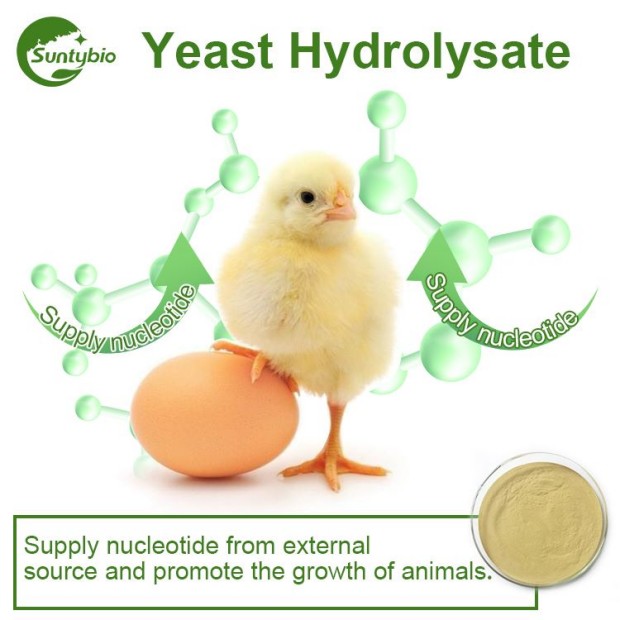May. 17, 2023
Agriculture
Introduction
Probiotics have long been recognized for their beneficial effects on human health, but their application in animal nutrition has gained considerable attention in recent years. Probiotic powder for animals is a specialized formulation that delivers live microorganisms to support the digestive and immune systems of various animal species. In this article, we will explore the potential benefits and applications of probiotic powder for animals.
Understanding Probiotics
Probiotics are live microorganisms, mainly bacteria and yeast, that confer health benefits when consumed in adequate amounts. They function by positively influencing the gut microbiota, the diverse community of microorganisms residing in the digestive tract. Probiotics promote a healthy balance of beneficial bacteria, inhibit the growth of harmful pathogens, and improve the overall gut health of animals.
Benefits for Animal Health
The administration of probiotic powder to animals offers several potential benefits. One key advantage is improved digestion and nutrient absorption. Probiotics help break down complex molecules, making nutrients more accessible to the animal's system. This enhanced digestion leads to better utilization of feed, improved growth, and increased feed conversion efficiency.

Moreover, probiotics play a crucial role in supporting a robust immune system. They stimulate the production of immune cells and modulate immune responses, enhancing the animal's ability to combat diseases and infections. By bolstering the animal's natural defense mechanisms, probiotics contribute to reduced reliance on antibiotics and promote overall animal welfare.
Applications in Livestock and Poultry
Probiotic powder for animals has become increasingly popular in livestock and poultry production. It can be incorporated into the animals' feed or water to promote gut health, enhance performance, and reduce the risk of gastrointestinal disorders. Probiotics have been shown to mitigate the effects of stress, such as weaning or transportation, by improving gut integrity and reducing the negative impact on growth and productivity.
Suggested reading:Additionally, probiotic supplementation has demonstrated positive effects on the gut microbiota composition, leading to reduced incidence of diseases like necrotic enteritis in poultry or diarrhea in piglets. By maintaining a healthy gut environment, probiotics contribute to a more sustainable and efficient approach to animal farming.
Companion Animals and Equine Nutrition
Probiotic powder is not limited to livestock and poultry; it also benefits companion animals, such as dogs, cats, and horses. These animals can experience digestive disturbances, immune challenges, and stress-related issues, which can be addressed through probiotic supplementation.
Probiotics can alleviate symptoms of gastrointestinal disorders, support healthy bowel movements, and enhance nutrient absorption in companion animals. Furthermore, they may help manage allergic conditions, reduce the risk of urinary tract infections, and promote optimal skin and coat health.
Equine nutrition can also benefit from probiotic powder. Horses are prone to digestive upsets, especially during dietary transitions or stressful events. Probiotics aid in maintaining a balanced gut microbiota, improving digestion, and reducing the risk of colic and other gastrointestinal disturbances.
Conclusion
Probiotic powder for animals offers a promising approach to enhancing animal health, welfare, and productivity. By positively modulating the gut microbiota, probiotics support optimal digestion, nutrient absorption, and immune function in a variety of animal species. From livestock and poultry to companion animals and horses, the applications of probiotic powder are extensive, providing a natural and sustainable solution for animal nutrition and well-being. As research continues to unveil the full potential of probiotics, the future holds even more exciting possibilities for the use of probiotic powder in animal health management.
Previous: How do I plant Lebanese squash seeds?
Related Articles
If you are interested in sending in a Guest Blogger Submission,welcome to write for us!
All Comments ( 0 )